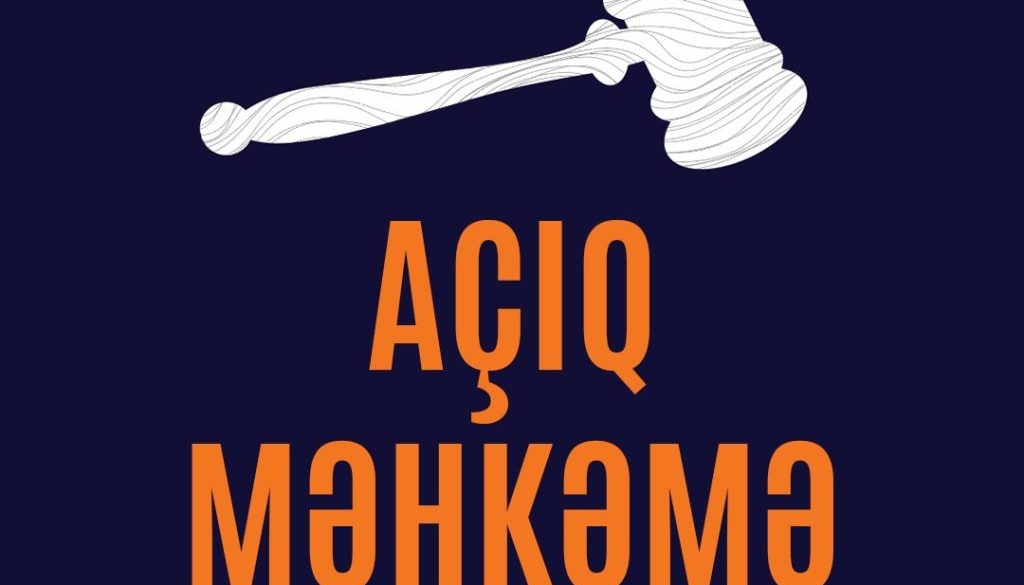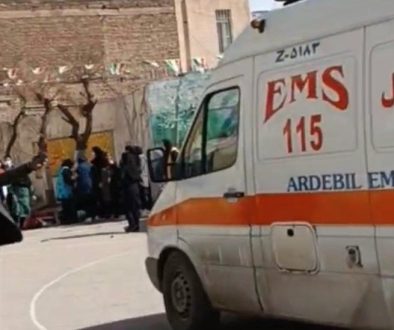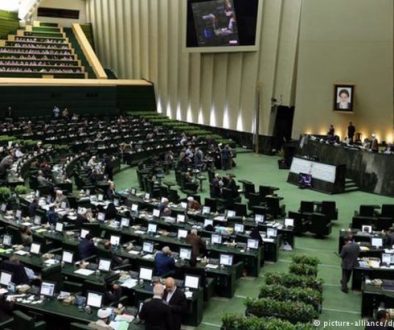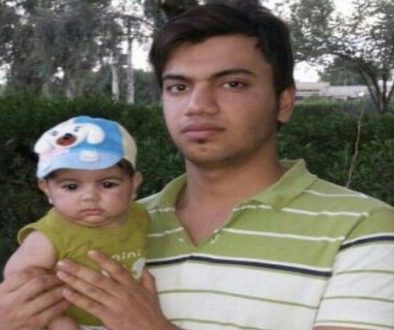Petition for “Public Trial of Political Prisoners of Azerbaijan” in Iran
After 45 years since the 1979 revolution, which one of its slogans was “freedom”, the Revolutionary Courts are still standing. Every year, numerous social and political activists are arrested, tried, and imprisoned on apparently security charges, and some even face execution on more severe allegations.
The Iranian judiciary, ostensibly representing the public, charges these individuals secretly, sentencing them to prison and other punishments. International human rights institutions like the Human Rights Council and NGOs, including Amnesty International and Human Rights Watch, have repeatedly called for the release of political prisoners in Iran. However, the Iranian government denies the existence of political prisoners in its jails, claiming those referred are not political prisoners but criminals who have acted against the state and people. This is what the Pahlavi regime also claimed and considered the leaders of the current government and other political prisoners of that time to be security criminals and saboteurs, not political prisoners.
The policy of not recognizing the existence of political prisoners in the Islamic Republic is adopted while the activities, statements and writings of these prisoners clearly show that they were imprisoned for the interests of the public and the conflict of their ideas with the ruling system. In recent months and years, numerous Azerbaijani Turkic activists have been arrested and imprisoned on false security charges and through various acts of persecution, many of whom have been left in indefinite detention.
The public opinion of the oppressed nations in Iran and the free world;
We, the signatories of this petition, are against the secret trial of these prisoners and political activists for two basic reasons and demand that their public trial be held live in front of television cameras and with the presence of a real jury, lawyers, representatives of human rights organizations, and members of the media.
Firstly, arrested and imprisoned political activists work in the name of the nation with the aim of asserting the rights of the nation and defending public interests, and on the other hand, the government claims that it is the representative of the nation and has the right to deprive these people of their freedom and take their lives for the sake of the public interest. İt is necessary to clarify who is really working for the interests of the public, public opinion should be informed about the proceedings and the content of the case, and the public should be the final judge.
Secondly, according to universally accepted legal standards, including Article 10 of the Human Rights Charter, Article 14 of the International Covenant on Civil and Political Rights, and Clause 2 of Article 68 of the Statute of the International Criminal Court, everyone has the right to have their case heard in an independent, impartial, and public court. Even the Constitution of the Islamic Republic of Iran mandates public trials per Article 165 and article 168 specifies that political and press crimes must be Publicly tried with the presence of a jury. Political Crimes Law, Article 352 of the Criminal Procedure Code, also ensures the principle of public trials.
Therefore, until the government of the Islamic Republic of Iran does not publicly try the arrested social political activists, issuing any kind of sentence for them will be considered as injustice to these people as well as deception of public opinion and lacks legitimacy. Neither a biased definition of a political crime nor baseless security accusations can destroy the right to a public and fair trial.
We believe that freedom is political detainees right, and we primarily demand the unconditional release of these responsible individuals dedicated to the public welfare. However, if the government and especially the judicial system of the Islamic Republic of Iran believes that these people have committed a crime, it should make this judgment in front of the public so that the public can also make their judgment. Conducting public trials and having an independent jury would be a step towards fairness. In other words, citizens, by attending court sessions, would monitor the judicial process, adherence to the law, and the impartiality of judges, thus reducing the possibility of legal misuse for extrajudicial actions due to the fear of people’s judgment.
Finally, while this petition and campaign specifically demand the “Public Trial of Political Prisoners of Azerbaijan” in Iran, we believe that everyone, regardless of their beliefs, has the right to a fair and public trial and advocate for the public trials of all political detainees in Iran.



